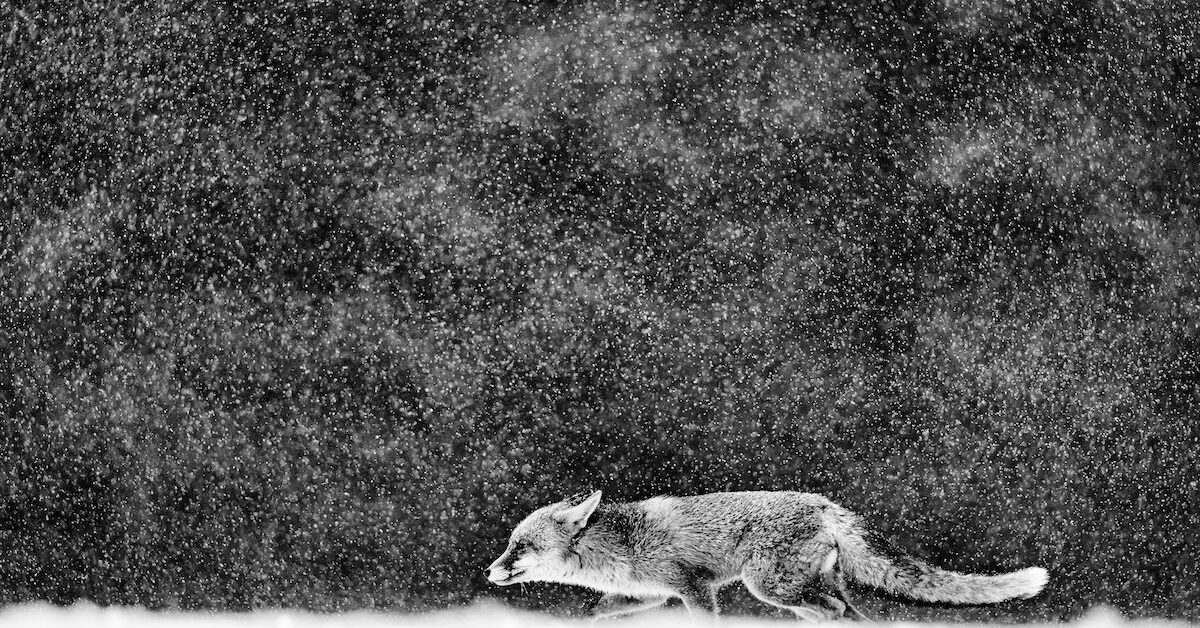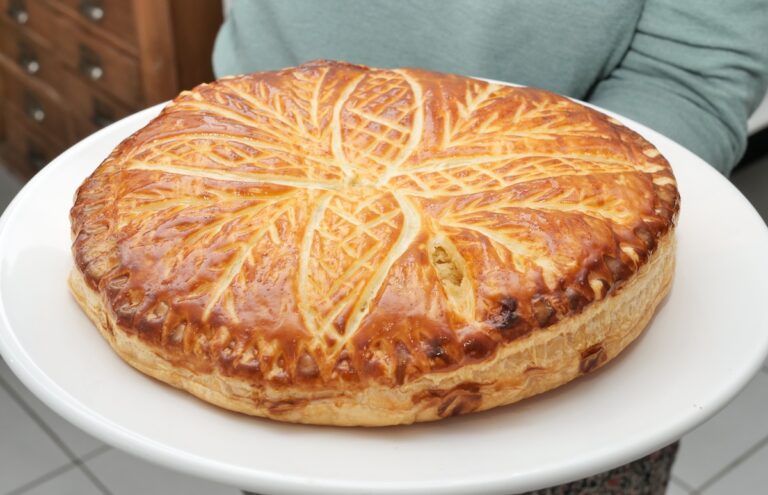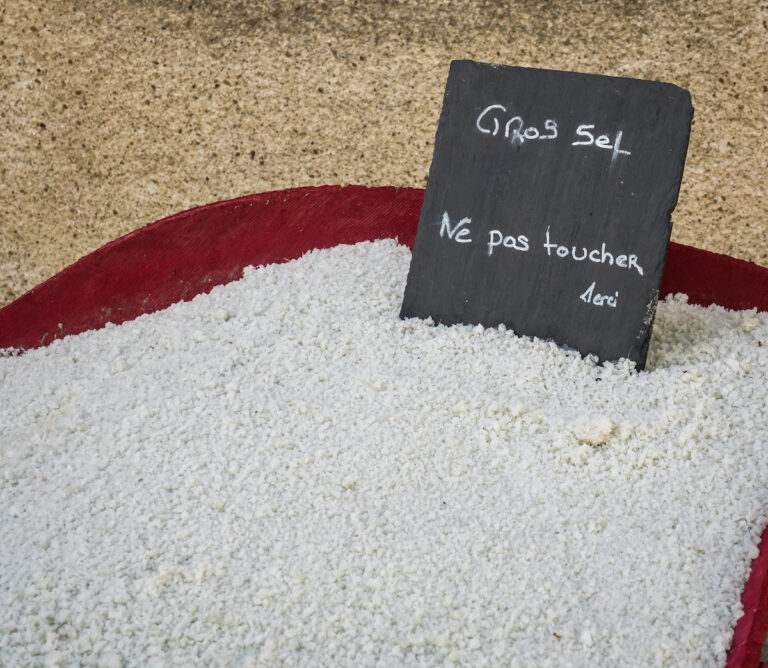April 26, 2024
Dear Frenchly Readers,
Many years ago, when I was in Paris in my 20s, I bought a watch with the Little Prince on it. The Little Prince, that iconic character from the book of the same name, by Antoine de Saint- Exupéry, was a little blond figure inside the watch. Le renard, the fox, whom the prince befriends and “tames” in the book–which, in this case, means he “creates ties” with it–uses his tail in my watch as the minute hand–swish, tick, swish, tick. It is the fox in the book who teaches the Little Prince that he should protect and love the things that are important in life. For years, I wore that watch. I had always loved the book, the message. Now I loved the little shop where I bought it next to Saint-Sulpice, and I loved the watch for giving me a Madeleine that tied me to Paris. But then the battery died and the leather strap became moldy and, anyway, who wears watches anymore?
The French love le renard, at least when they are reading books to kids. Indeed, fox characters abound in French culture, emblazoned on kids’ pajamas, in cartoons, as plush stuffies, on plates and mugs and more. But, the meaner truth is that in 91 of 101 departments in France, the fox is considered a “species likely to cause damage”–in other words, pests–and foxes can be hunted in France from June to March. The reason for this is that in rural areas many people consider foxes to be thieves and tricksters, they’ll steal their chickens and rabbits, and get away with it. I saw this first hand one summer when visiting a friend who had put poison inside a magpie, hoping to catch a fox on her farm. I protested a little (as much as I could as a guest, mostly by asking questions) and she told me I didn’t understand.
I didn’t. I have since read of a medieval cycle of stories with a character named, “Reynard the Fox,” which dates back to 12th century France. Indeed, this is where the word “renard” for fox comes from, replacing the older “goupil.” In this series of stories, the fox is a talking animal (along with a donkey, lion, bear, wolf…) and is the smartest creature around, sometimes up to no good, outwitting the lumbering humans who tend to go in for petty revenge. In The Little Prince the fox tells the prince, “My life is monotonous. I hunt chickens; people hunt me. All chickens are just alike, and all men are just alike.”
Perhaps it’s in part because of this long and entrenched reputation in the culture of France that foxes are considered smart but evil. In France, foxes can still be dug out of burrows any time of year –even the nursing kits– day or night. They can be bludgeoned to death, poisoned, or trapped. They can be shot if they are anywhere near a farm. This video from an organization trying to change this violent tradition (they claim a million foxes are “persecuted” in France a year) will make you weep.
Indeed, even the old-fashioned fox hunt, la chasse, is an ugly tradition still in existence in France. Some environmentalists say this is wrongful and that foxes are an imperative predator species for the modern ecosystem (lest French suburban and city turfs become overrun with rats).
There are, of course, many French people who have nothing to do with the abuse of foxes and abhor it. Those same people will point to the eradication of wolves in the American West as a cautionary tale. The mayor of Grenoble, Eric Piolle, for instance, bravely and safely removed a plastic pipe from the head of a trapped fox when he was visiting an old fortress in the city this past January. Here’s the video. You will need it to recover if you watched the previous video.
* * *
My younger son goes to a school that is not far from the scream of a highway, and right next to route 1, which some people drive on like it is a highway. The school is nestled up in the woods; there are some people who can walk through the woods to school from a nearby town, where they live. There are acres and acres of trails behind the school, outdoor classrooms, fire pits, pollinator gardens, a yurt, and more. It’s a beautiful place in spirit as well as intention.
Over the April break, three or four (there is some confusion about this) fox kits crawled out of a rather impressively large den complex on the school grounds, and they now live and play on a thin sliver of land between the school roundabout and route 1. Assuming there are three (I’ve been told there are four, but have never seen four at the same time), I’ve seen a golden colored one who is always sleeping, yawning, or looking dozily around. My son and I have named that one, “Sleepy.” Another is a spitfire with black tips on the ears and very black paws, who runs up to humans from a safe distance, and barks. That one is “Fiesty.” Still another is shy, and once, when my older son and I stopped by for me to show them to him, that one tried to run into a small crevice in a tree that it could never fit into; it bounced backwards like a Disney character and then sat there, dazed. We have named that one, “Dopey.”
There’s a lot of conflicting information circling around with the parents and kids about whether the mother is there or not there. Mother foxes do not abandon their babies; in fact, they can be heroic in the care of their young, running through fires and floods to save their kits. They care for their babies for a year. Male foxes, the fathers, often help in the rearing, and tend to be a part of the family for a good chunk of that year. Foxes are smart, feline in nature, and easily tamed. And they often get hit on highways and roads, just like route 1, where they will scavenge for roadkill (it is for this reason that I carry bags and gloves and a box in the back of my car; I pull roadkill off the road when I can so that predators and scavengers like coyotes, foxes, and even crows, can eat in safety).
This time of year, around here in Maine, the foxes are hungry, having cared for their young so assiduously that they didn’t even drink water the first week of their kits’ lives, making themselves so weak that they have to crawl out on the brink of death to finally drink. They need food to nurse. They need to feed their babies.
A woman we called my grandmother, who wasn’t related to me biologically, but took on that role, died in 2022. Many years before, she wrote a moving book that won awards called Wild Fox, about taking care of a fox that had lost its foot in a trap. My children know that book, and her voice reading it, by heart.
When we moved into our old house in midcoast Maine, I remember the first night, with boxes and both kids, one of whom immediately got a tick in the tall grass of the unused lawn. But after the kids were finally asleep, curled together in my large bed, I looked up and there was a full moon. I went to the window to look out and saw the largest, reddest, most beautiful fox I’d ever seen standing in the lawn, the silvery light making its scarlet hair seem to stand on end. Since then, I’ve never seen one again on my property, but I have heard them yipping and seen scat behind my house.
The foxes at the school have given the parents and kids an incredible pleasure this week. Groups stand at a distance and watch them, smiling. Earlier this week, worried they weren’t being fed, as the mother seems to be MIA, I drove back with a dead possum I’d found on the side of the road (newly killed that morning, fresher than Bayonne ham). When I pulled in, some dads were watching the foxes and taking pictures with their iPhones. I got out with the possum–da-da-da!–and they looked shocked, terrified. “A what? From the side of the road?”
At pickup that afternoon, I heard the foxes had made a meal of it quickly, and were hungry. A teenaged girl thought it was “awesome” I had brought the possum.
The next morning, I rolled down my window to say hello to one of the gawking dads, still watching through his iPhone. His Ray Bans glinted as he turned to tell me that he thought I had interfered with Nature the day before. “They are wildlife,” he said, pointing with his phone towards route 1 like he was showing me the end of their cage.
“You’d rather they go out there and pick up their own roadkill? They’ll get flattened. Plus, Nature needs all the help it can get right now.”
“It’s gross, what you did,” he said. “This is a school.”
I drove away and, my inner Dian Fossey deflated. I cried. I cried because there is too much to protect and save, too little time, and too much that has to be explained. There’s nothing anymore that hasn’t been interfered with. Near the end of the Little Prince the fox tells the prince, “Here is my secret. It’s quite simple: One sees clearly only with the heart. Anything essential is invisible to the eyes.” Or the iPhone.
À cuisiner, boire, regarder et lire ce weekend:
I am getting in the garden this weekend. Are you? We had two very cold frosts, but now it seems it will warm up, and spring can begin for real, I hope. A girl is coming to spend some time with my teenager. I need to make a good meal. She’s a runner, like my son. These girls eat as much as the boys these days, no shame. I love it. I am planning to cook steak in a pan–maybe flambée it– and cajole Dan into making homemade fries. I’ve long wanted to make this French lemon yogurt cake, so I will. I have some brand new violets just up, so I’ll put them in some homemade ice cream.
The door will stay open to my son’s bedroom as the teens hang. I have no doubt that my younger son and his best friend, the neighbor, will make the teens miserable. It’s a new era in our lives. Let’s just hope the adults remember what it’s like to be a teen. As the Little Prince says, “Grown-ups never understand anything by themselves, and it is exhausting for children to have to provide explanations over and over again.”
Put this on and promener today; you’ll love it, you’ll smile. Johnny Hallyday at his best.
À bientôt,
PS: If you like these Le Weekends, please forward them. Frenchly is growing and improving and we want as many people to know about our writers and interesting subjects as possible!
Did you get forwarded this email? Sign up here on our homepage at the sign-up widget to receive this newsletter every Friday in your inbox. I’ll give you news, films, recipes, books, stories and more every Friday afternoon to help you plan and enjoy your weekend! All for free!
If Le Weekend is going in your junk or spam or promotions box, please add us to your contacts by clicking on the address and hitting “add contact” or by dragging “Le Weekend” into your regular inbox, so you don’t have to hunt for it each week.
If you have missed any of my Le Weekends or are new to this newsletter (or just want to go find a TV show, podcast, singer, movie or recipe I once mentioned) they are all here on Frenchly.us.
Come find us on Twitter, Instagram, or Facebook.
And to advertise with us, contact our great sales team here.









